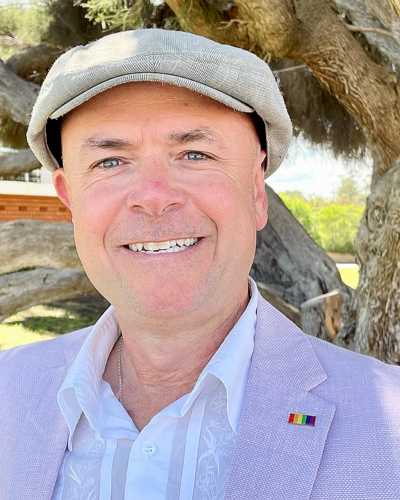Article type: Original Research
17 July 2015
Volume 41 Issue 1
Article type: Original Research
17 July 2015
Volume 41 Issue 1
![]() Fostering Together–The Why and How of Involving and Supporting Biological Children of Foster Carers
Fostering Together–The Why and How of Involving and Supporting Biological Children of Foster Carers
Affiliations
1 School of Psychology & Social Science, 270 Joondalup Dve, Joondalup Western Australia 6027, Edith Cowan University, Australia
2 School of Psychology & Social Science, Perth, Western Australia, Edith Cowan University, Australia
3 Wanslea Family Services, Perth, Western Australia
Correspondence
* Anna Targowska
Contributions
Anna Targowska -
Tara Cavazzi -
Stephan Lund -
Anna Targowska1 *
Tara Cavazzi2
Stephan Lund3
Affiliations
1 School of Psychology & Social Science, 270 Joondalup Dve, Joondalup Western Australia 6027, Edith Cowan University, Australia
2 School of Psychology & Social Science, Perth, Western Australia, Edith Cowan University, Australia
3 Wanslea Family Services, Perth, Western Australia
Correspondence
* Anna Targowska
CITATION: Targowska A., Cavazzi T., & Lund S. (2015). Fostering Together–The Why and How of Involving and Supporting Biological Children of Foster Carers. Children Australia, 41(1), 2008. doi.org/10.1017/cha.2015.17
Abstract
This article discusses the outcomes of a research project undertaken in 2011/2013 by a team of researchers from Edith Cowan University (ECU) in collaboration with Wanslea Family Services. The project aimed to address the relative lack of voice of biological children in the fostering task, despite the increasing acknowledgement of children's rights and their capability to be involved in decision-making processes. Data was collected through the use of focus groups and interviews with a small number of biological children, foster carers and service providers in Western Australia (WA). The data indicated the necessity to reconsider the rights of biological children in the fostering task and the need for specific strategies to address these rights. The findings of the study informed the development of a set of interactive resources for supporting biological children of foster carers during all stages of the fostering process in Australia. The resources also have potential value for use in overseas jurisdictions.




